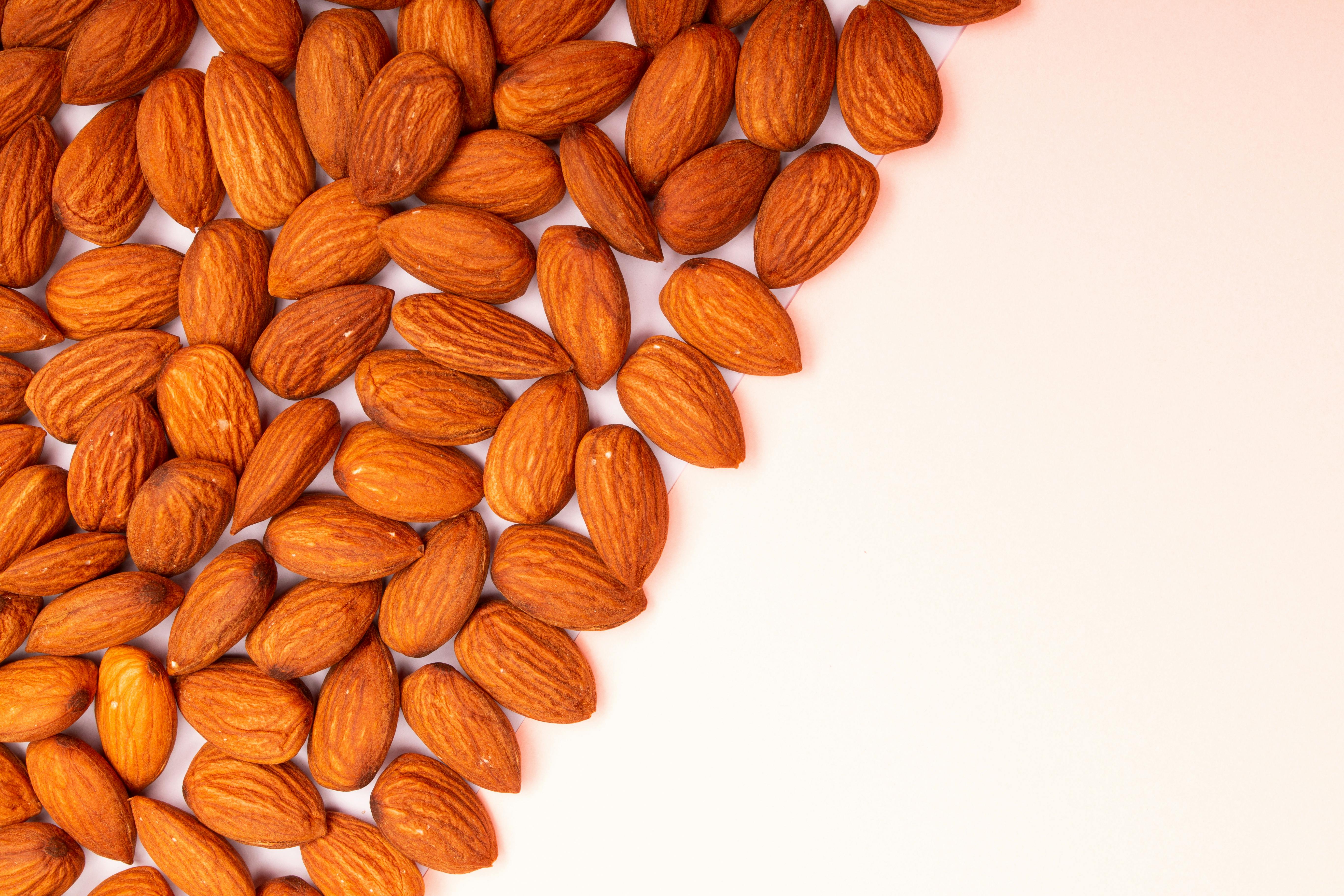Understanding the Challenges of Gaining Weight on Keto
The ketogenic diet, often associated with weight loss, has gained a reputation for being highly effective for many. However, some individuals may find themselves gaining weight on keto, raising questions about its principles and practices. The key to managing weight gain while adhering to a ketogenic lifestyle lies in understanding the intricacies of ketogenic diet weight gain and how to navigate the unique challenges it presents.
Many who adopt the keto diet do so with the goal of achieving optimal body composition through fat utilization. Yet, some experience unintended results such as fat gain while on keto. This paradox often arises from misconceptions surrounding keto macros explained and the caloric surplus on keto. Thus, managing weight becomes a critical focus. Below, we delve into the reasons for weight gain, explore keto weight loss strategies, and offer guidance on how to achieve healthy weight gain on keto.
[
Key Factors Contributing to Weight Gain on a Ketogenic Diet
Understanding the reasons for weight gain on the ketogenic diet is essential for effective management. Factors may include:
1. Caloric Surplus and Macronutrient Needs
One of the most significant aspects of gaining weight on keto is the balance of macronutrients. When following the keto diet principles, the body burns fats for fuel. However, consuming a caloric surplus through keto-friendly high-calorie foods can lead to weight gain. Therefore, assessing your protein needs on keto and tracking your macros diligently is crucial.
2. Emotional Eating and Mindset
The psychological aspects of dieting also play a role. Many individuals face emotional eating challenges on keto, which can lead to overeating. Understanding emotional triggers is vital for overcoming barriers. Establishing healthy habits and a positive mindset can help foster resilience against these challenges.
3. Water Retention and Glycogen Levels
Another reason for perceived weight gain while on keto could be water retention. As the body adjusts to fat adaptation, changes in glycogen stores may also impact weight fluctuations. It’s important to recognize these physiological responses to avoid misinterpreting temporary weight changes as real fat gain.
With these factors in mind, finding effective strategies for managing weight on keto becomes essential.
Optimizing Your Keto Diet for Healthy Weight Gain
Transitioning to strategies that promote healthy weight gain on keto involves meal planning, proper food choices, and understanding your body’s needs.
1. Building a Macronutrient Plan
To optimize weight gain on keto, it’s essential to balance your macros effectively. Aim for a higher caloric intake from dietary fats for weight gain while ensuring adequate protein to build muscle mass. Creating keto meal plans for weight gain that incorporate calorie-dense foods can be highly beneficial.
2. Sample Foods for Weight Gain
Choosing the right foods is foundational. Incorporate high-fat options such as avocados, nuts, seeds, and fatty fish. These keto food choices not only help in maintaining ketosis but also provide the necessary calories for weight gain.
Additionally, consider keto snacks for weight gain like cheese, beef jerky, or protein bars that fit within the ketogenic framework.
3. Nutrient Timing: When to Eat
Another effective strategy involves understanding meal timing on keto. Consuming meals with a higher caloric density post-workout can optimize nutrient absorption, supporting muscle repair and growth. This approach is crucial in achieving goals related to gaining muscle on keto.
Each of these strategies plays a critical role in addressing the complexities of gaining weight effectively while following a ketogenic lifestyle.
[ ]
]
Common Keto Diet Mistakes Leading to Weight Gain
Identifying pitfalls in one’s ketogenic approach can make a significant difference in health outcomes. Here are some common mistakes to avoid:
1. Skipping Meals and Undereating
Some people mistakenly believe that by reducing their caloric intake, they will lose weight quickly on keto. However, this can lead to muscle loss and a decrease in metabolism, ultimately hindering weight gain goals.
2. Overconsumption of Low-Carb Snacks
Although many low-carb snacks may seem healthy, they can still contribute to unintended calorie surpluses. Monitoring consumption and understanding portion sizes is vital in preventing keto and overeating.
3. Neglecting Sleep and Stress Management
These factors dramatically influence weight and health. Poor sleep and heightened stress can increase cravings and lead to overeating, making it crucial to prioritize self-care and emotional wellness while on the keto diet.
Recognizing and avoiding these common mistakes can enhance the effectiveness of your weight gain strategies.
Real-Life Keto Success Stories: Motivation and Challenges
Gaining inspiration from others can be invaluable. Many individuals have chronicled their journeys regarding keto diet success stories that encompass both triumphs and setbacks.
Examples of Successful Weight Management
Success is often achieved through resilience and adaptation. Personal stories reveal that adjusting macros and seeking community support are essential in overcoming obstacles on keto. These narratives not only provide motivation but also highlight common pitfalls and practical solutions.
Finding Community Support
Joining community on keto groups can facilitate accountability and support, making it easier to share experiences and strategies. Engaging in discussions about various keto diet challenges can provide insight and assistance from those who understand the journey.
In understanding the attributes that contribute to these success stories, readers can find both inspiration and tangible strategies for their own experiences.
[ ]
]
Frequently Asked Questions about Gaining Weight on Keto
1. Why am I gaining weight on a ketogenic diet?
Weight gain on keto often derives from a combination of caloric excess, emotional eating, and water retention. Careful monitoring can mitigate these factors.
2. How can I ensure I gain weight healthily while on keto?
Focusing on high-calorie, nutrient-dense foods, ensuring proper macronutrient balance, and timing meals strategically can enhance healthy weight gain.
3. Are there specific foods I should avoid on keto to prevent weight gain?
Yes, avoid processed foods high in additives, excessive snacking on low-carb snacks, and ensure portion control.
4. How can I track my macros effectively?
Utilizing apps can facilitate tracking macros and calories, helping you stay accountable and aligned with your goals.
5. What are the best strategies to overcome emotional eating on keto?
Strategies include mindfulness eating practices, identifying triggers, and developing a growth mindset to navigate challenges constructively.
